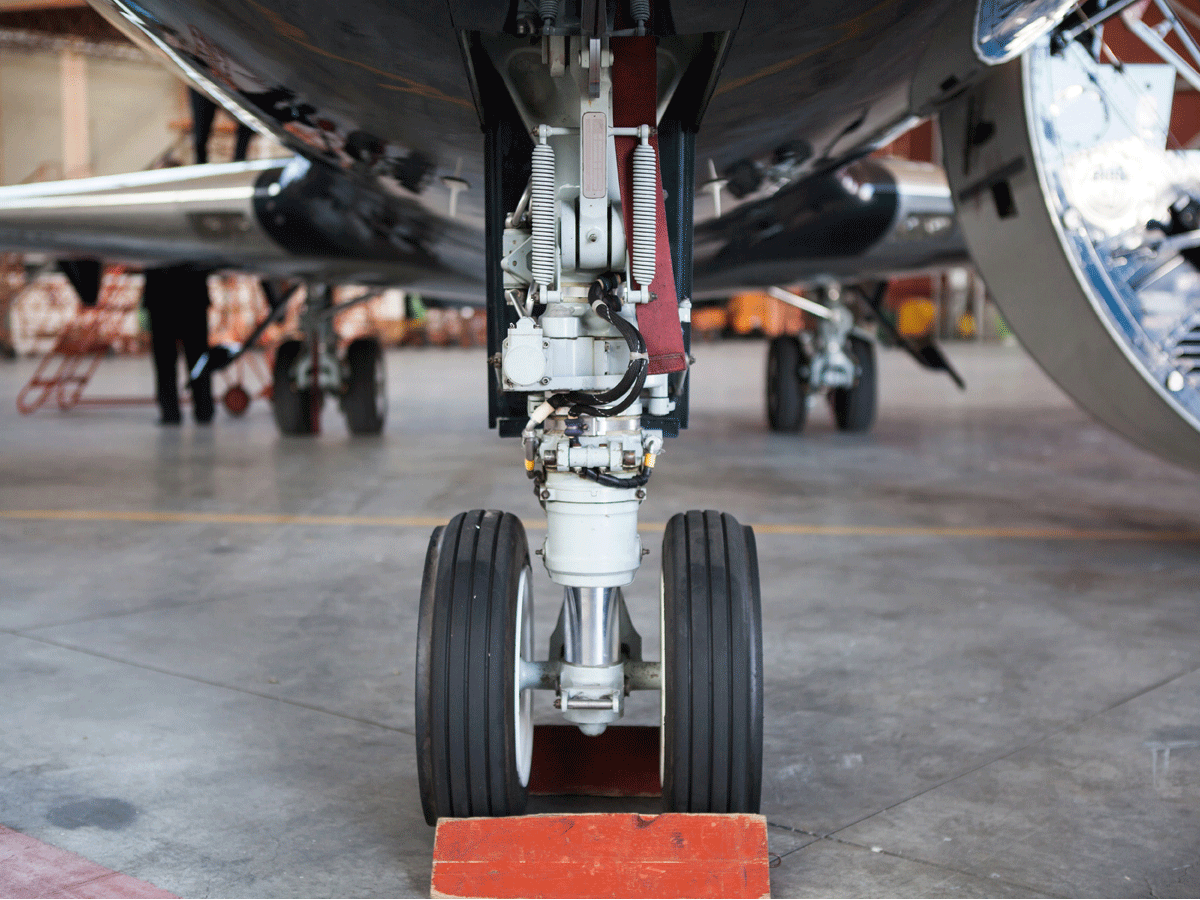In business aviation, the maintenance organization is a cornerstone of the operation. That’s why, in part II of API’s aviation maintenance, I’m sharing even more insights from my conversations with seasoned maintenance professionals. This post is essential reading for anyone seeking to advance in the maintenance field or is responsible for mentoring up-and-coming professionals. And, in case you missed last month’s blog on seven qualities needed for a solid maintenance organization, you check it out now!
Immerse Yourself!
What advice would a leader offer young people thinking about a career in this field? The Fortune 500 DoM that I spoke with said that they should, at all costs, avoid becoming complacent—or static in their jobs. That they should continue with advanced training, along with working toward new certifications and furthering their education as it relates to their field.
“The key to success in this industry is to become the best-rounded individual possible,” he advised. “Think about the skills you lack and start building on them. Attend conferences and seminars, and network. I can’t emphasize the importance of networking, as this is a relatively small industry and doing so has proven very beneficial.”
This DoM also said that obtaining an A&P license is a great start to a career in aviation maintenance, but, he cautioned, because the industry is becoming so competitive, having an advanced degree gives career-minded professionals added leverage.
Another discussion I had was with an aircraft flight specialist for a different Fortune 500 company. His comments on getting ahead seemed to echo those of the director I talked to. He said, “Everyone’s comfort zone is different. My boss [the aviation manager] allows me to take on as much as I want, as long as I’m able to accept the challenge, grow and learn. To do that,” he added, “it takes someone willing to expand in all directions to handle multiple responsibilities.”
Valuable Hindsight
Given the fact that the highly experienced aviation maintenance director I talked with had come up through the ranks to achieve such a prestigious position within his organization, I was curious what he wished he had known at the start of his career, or what he might have done differently that could possibly have made his journey a little smoother sailing. One regret he said he had was not becoming an avionics technician from the onset of his career. He said that, as a USAF aircraft crew chief, his role was a more segregated one, and that he didn’t have the authority or background to work on avionics.
“If it had a wire attached to it, I couldn’t touch it,” he remarked. “I had to reach out to avionics technician. As I transitioned into the civilian/corporate workplace, I hadn’t learned how to read a wiring print and I realized that it put me at a distinct disadvantage. It took several months of studying during my own personal time to catch up on this lack of knowledge.”
The aircraft flight specialist expanded on the importance of technology. “One of the thing on my bucket list is to get better at avionics because it’s so important to the profession, and I’d also like to get certified in IT/aircraft communications,” he noted. “Twenty years ago, when I started, there was just a VCR and FAX on the aircraft. Now it’s all about high-speed streaming Internet, and traversing the globe can cause it to change speed or go down altogether. If you’re a flight tech on the aircraft, all eyes are on you to know what to do if the system malfunctions. You must have the right resources and confidence to deal with the pressure. Technology issues are always springing up at the most inconvenient time. You’ve got to maintain your composure, prioritize and problem solve.”
Keep Moving!
Both interviewees were quick to emphasize how great the field of aviation maintenance can be for aspiring business aviation professionals, but the maintenance director singled out what he feels is crucial to becoming a leader in the department. “I believe one of the most important attributes a leader can have is trusting his or her employees to make their own decisions (within reason) and ‘manage’ their own career,” he said.
“A successful leader needs to be able to lay out a game plan and have the confidence to watch it grow and develop. In any industry, there will always be critics and obstacles, especially when building something from scratch, so it’s critical to believe in your end goal and see it through.”
The aircraft flight specialist related a more personal story about mentoring young people as they prepare to embark on a career. “My cousin didn’t know what he wanted to do after high school . . . he had no particular love for aviation,” he told me. “But he saw that, in my job, I got to travel, and that interested him. So I took him to the hangar, showed him around and told him that it took just two years to get his certification. Long story short, he enrolled in aeronautics school and now, at 22, he’s working with an A&P and has already been promoted. Bottom line is, he loves it.”
From my discussion with both of these experienced professionals, a common, key takeaway was probably best summed up by the flight specialist, who said, “My advice as a mentor to anyone seeking to advance in this profession is ‘Keep moving. Don’t get stuck doing one thing or you’ll never know your potential.’”
Your Turn
Do you have experience helping to build a solid maintenance aviation team in a business aviation environment? Or are you the member of a team with experience in taking that next important step up the career ladder within your organization? If so, and you have some tips to share to help your colleagues achieve greater levels of success, we’d enjoy hearing from you.

